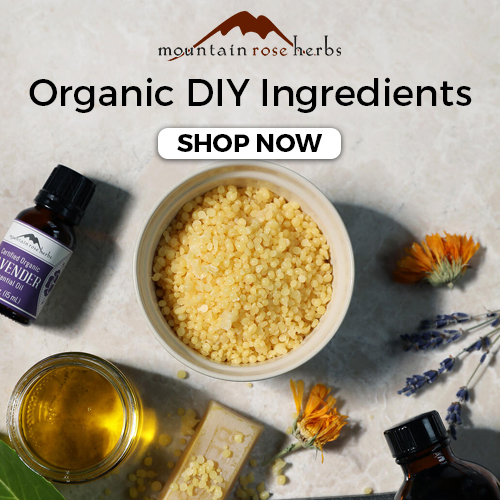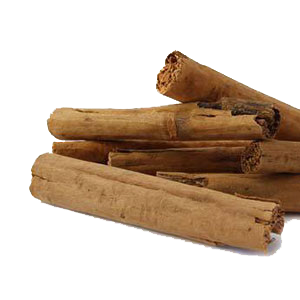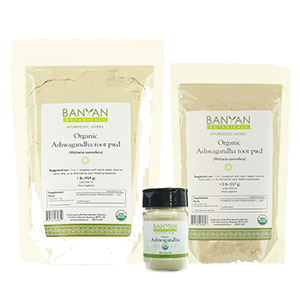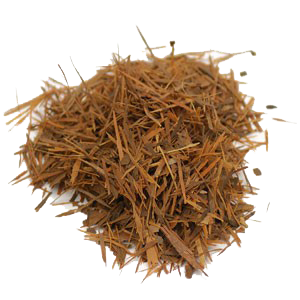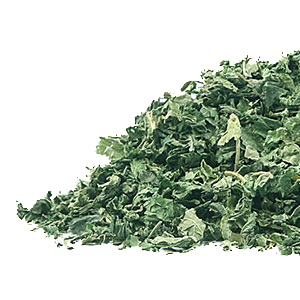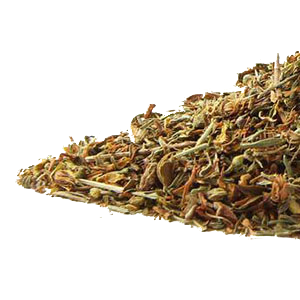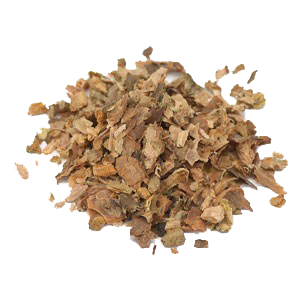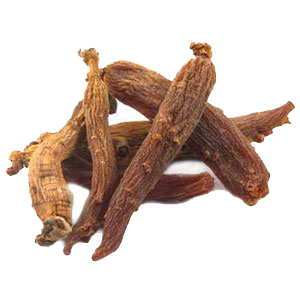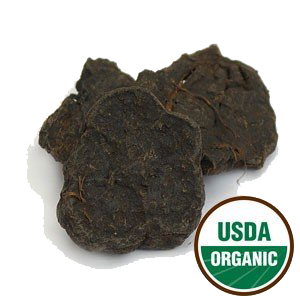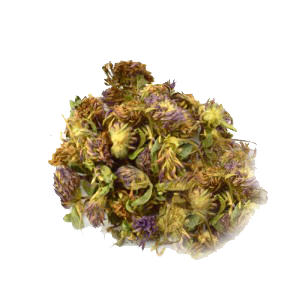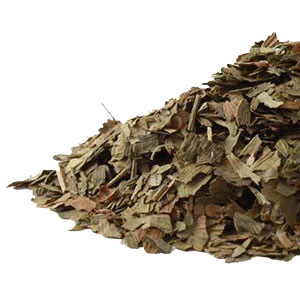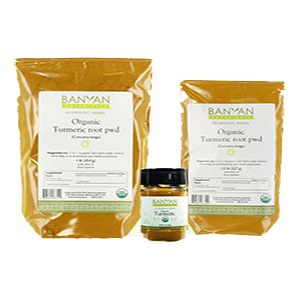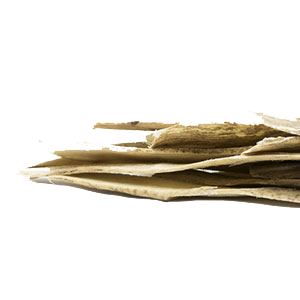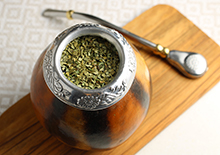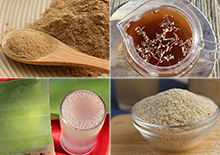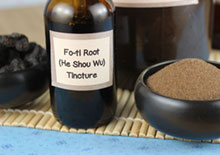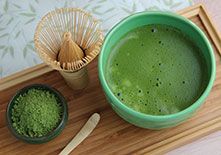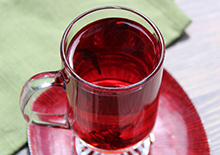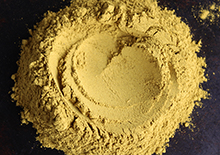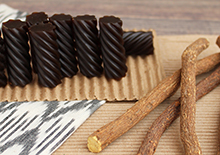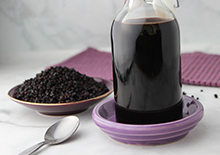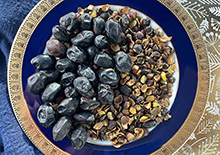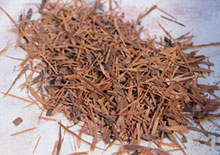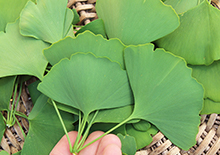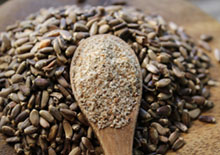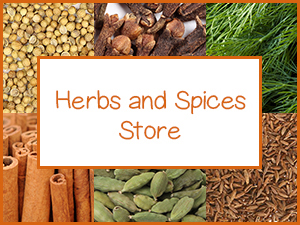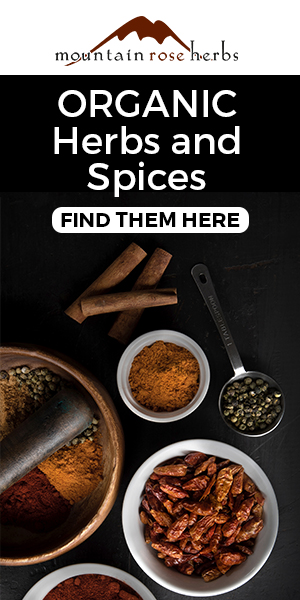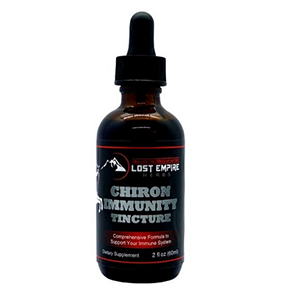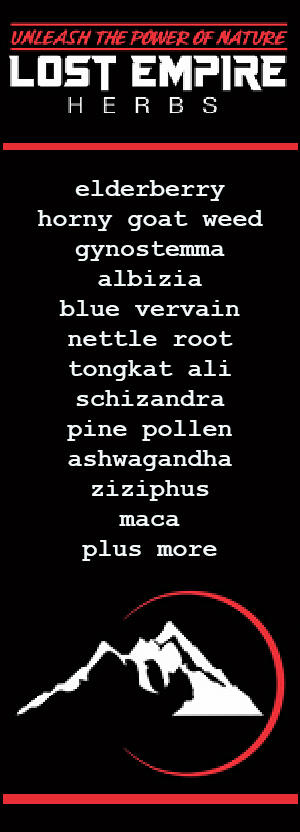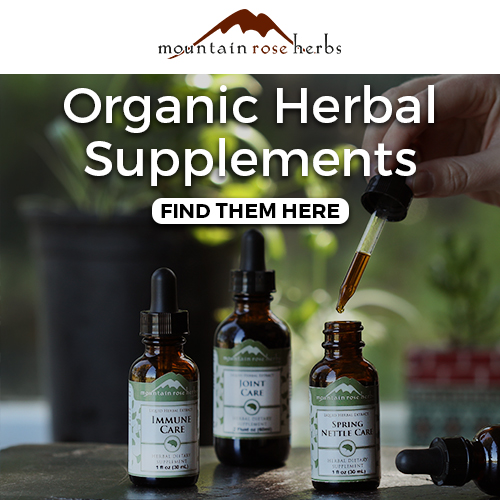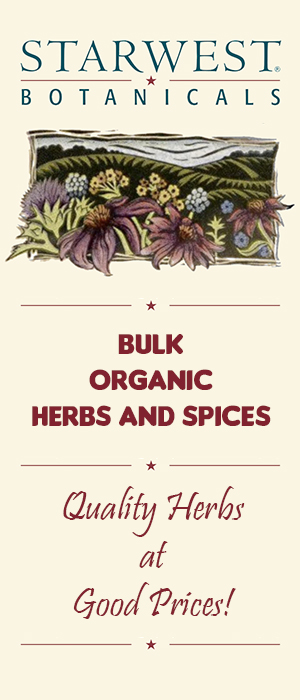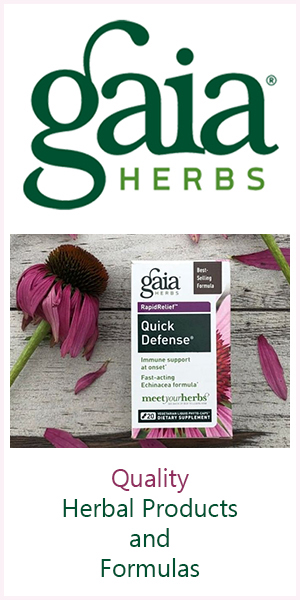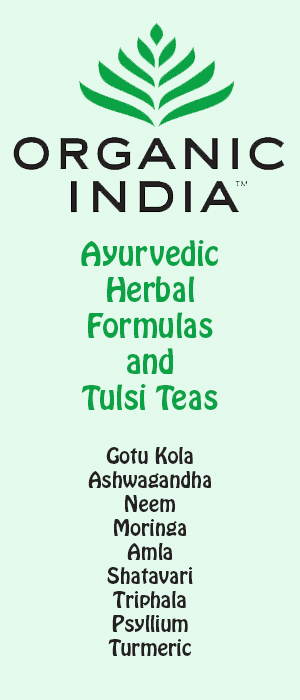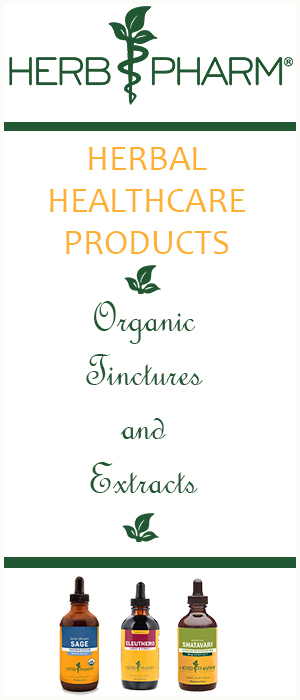- Home
- List of Herbs
A List of Herbs for Making Herbal Teas and Preparations
What is Herbal Tea? | How to Make Herbal Tea | Capsules, Extracts or Tinctures | List of Herbs | Make an Herbal Pantry | How to Use | Precautions | Shop
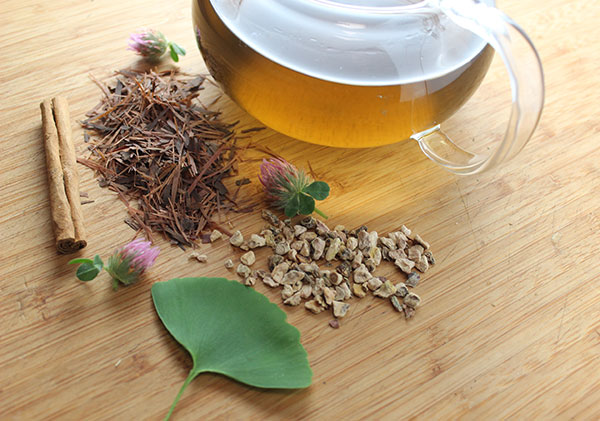
Here is a list of herbs and their corresponding categories to refer to when concocting your own personalized tea blends.
This list does not include the common herbs used to treat acute illnesses, but are rather varieties that work as cleansing, activating, sedating or tonifying agents.
Whether you like to drink cups of tea or prefer using them in soups or various blended drinks, herbal tea infusions or decoctions can help to replenish and fortify the diet influencing greater health and wellness.
What is Herbal Tea?
Table of Contents:
What is Herbal Tea? | How to Make Herbal Tea | Capsules, Extracts or Tinctures | List of Herbs | Make an Herbal Pantry | How to Use | Precautions | Shop
Herbal tea preparation is an alchemical process that takes roots, leaves, mushrooms, barks or berries and transforms them into a liquid substance that can be easily absorbed by the body when consumed.
They are simple to make, requiring only two basic ingredients: hot water and plant material.
When different herbs are blended and brewed in formulations, they often work together to increase the effectiveness of each herb being used. Likewise, combinations of herbs can be tailored to one's own unique health objectives.
How to Make Herbal Tea
Although some herbs and roots can be taken as raw unrefined powders, most need to be heated or tinctured to release their medicinal components.
1) Herbal Tea Infusions - This first process involves making an herbal tea by using a hot water infusion or decoction technique. Tea infusions are the way most people are familiar with making tea. They are used for lighter weight herbs, like leaves or blossoms, and achieved by pouring hot water directly over the herb and steeping it, preferably covered, for a short period of time.
2) Herbal Tea Decoctions - Tea decoctions are used for roots, dense mushrooms and some barks. They are created by simmering the herbs for 20 minutes or longer in a glass or ceramic pot with a lid.
Note: This information was created for those of you who wish to learn more about herbs for preparing personalized tea blends. However, it is also sometimes appropriate to seek the advice of a qualified herbalist when concocting teas for specific health issues.
In both infusion and decoction methods, the plant material is strained and the liquid that remains is concentrated with phytonutrients and medicinal compounds unique to each herb variety.
For those of you who'd like to start making quarts of daily tea, it does take some practice to get into the "tea making" rhythm.
One of the great things about herbal teas is that they can be prepared in advance and stored in the fridge for later use.
Cooled teas can be used as the base for blended smoothies or shakes and are great to use with many superfoods to "alchemically" enhance their health benefits.
Capsules, Extracts or Tinctures
If the idea of making herbal brews is not for you, there are of course other options for modern-day convenience.
Many herbs can simply be powdered and taken in capsule form or are available as prepared extracts. Extracts go through brand-specific processing that concentrates the herb and its compounds. Extracts are sold as bulk powders, tablets or are encapsulated.
Additionally, all herbs can be tinctured in alcohol or glycerine for another suitable choice if you're not typically a tea-drinker. Tinctures come in dropper bottles that can be dropped into water or most any beverage.
List of Herbs
We list below the main categories to choose from depending on whether you want to nourish, flavor, build, stimulate, soothe or cleanse the body.
1) Nutritive Herbs
2) Cleansing Herbs
3) Herbal Stimulants
4) Tonic Herbs
5) Herbal Nervines
6) Herbal Flavor Enhancers
Many herbs, tonics, berries, flowers and spices, as you will see, can fall into more than one specific category, but their usefulness is relative to the amount used and other herbs blended with them in tea preparations.
1) Nutritive Herbs
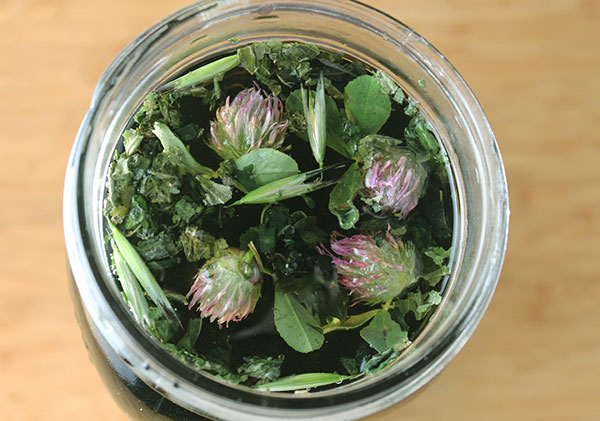
Nutritive herbs are whole plant-based "herbal supplements" filled with condensed amounts of minerals. When these herbs are infused in hot water, a nutritious phytonutrient-rich bioavailable liquid is created.
These teas can be extremely helpful for replenishing dietary mineral deficiencies, a condition that is becoming more and more prevalent in today's world because of unsustainable farming practices that deplete the soil of nutrients. Adequate uptake of dietary minerals is essential for things like
proper neurological functioning, building strong bones as well as providing healthy
hair and skin.
These herbs help to fortify and nourish the body through an immediate influx of mineral content. They can be used alone, infused with other herbs or steeped into pre-made tea decoctions. This list of herbs includes leaves and grasses such as:
nettle
oatstraw
alfalfa
red clover
raspberry leaf
horsetail
2) Cleansing Herbs
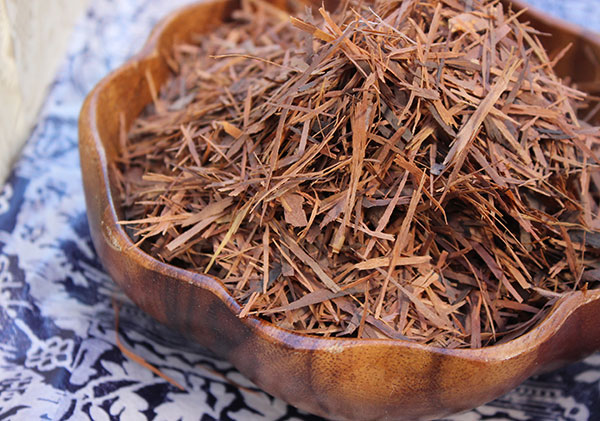
Cleansing herbs are the roots, barks, seeds, mushrooms and berries of various plants that help to purify the bloodstream and remove toxins from the body. Primarily working with the liver, cleansing herbs can be beneficial detoxifying aids for periodic detox regimens.
They are useful teas and powders for removing accumulated environmental pollutants from the body as well as metabolic wastes produced from substances we ingest. A build up of these toxins, over time has been known to cause neurotoxic effects, mental decline and hormonal imbalances that often hinder long-term vitality.
This category of herbs are both cleansing to the liver and intestinal tract, the two locations where toxic waste materials tend to collect. Among these are the class of "alterative" liver herbs, Chinese liver cleansers and intestinal antiseptics such as:
dandelion root
oregon grape root
yellow dock
milk thistle seed
sarsaparilla root
burdock root
pau d'arco
sarsaparilla root
turmeric
schizandra berries
bupleurum root
black walnut hull
3) Herbal Stimulants
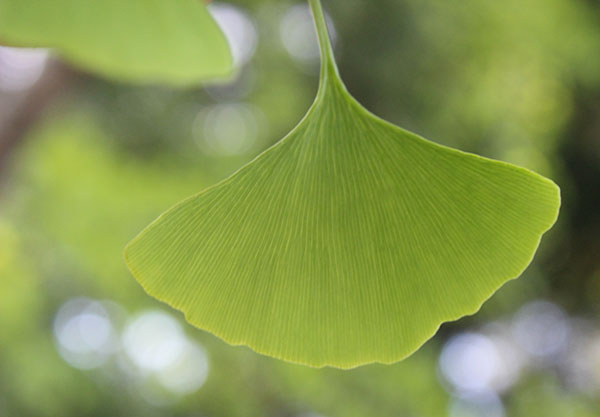
Herbal stimulants are nourishing herbs that gently spark and activate the nerve endings by enhancing circulation and boosting antioxidant levels. Some also specifically tonify the organs and glands, which as a result can naturally amplify one's liveliness, vigor and libido.
Unlike the many traditional caffeinated stimulants (ie: coffee, black tea, yerba mate and green tea), the herbal stimulants we are referring to do not agitate adrenals or manipulate energy. Instead, they actually revitalize and provide balance to the central nervous system.
Herbs, like the tonic adaptogens, work to alleviate anxiety and nurture deep energy that is long lasting and life supporting. While others contain volatile oils and other specific plant constituents that help to therapeutically activate the body systems and provide what some herbalists like to call "the inner tingle."
They are an excellent addition to herbal tea formulations because their stimulating nature acts a carrier for other herbs and tonics. Some of these herbs and various spices include:
gotu kola
mint
ginger
ginkgo
cayenne
maca root
anise seed
astragalus
nutmeg
ginseng
ashwagandha
cinnamon
gynostemma
coriander
tulsi
dandelion root
4) Tonic Herbs
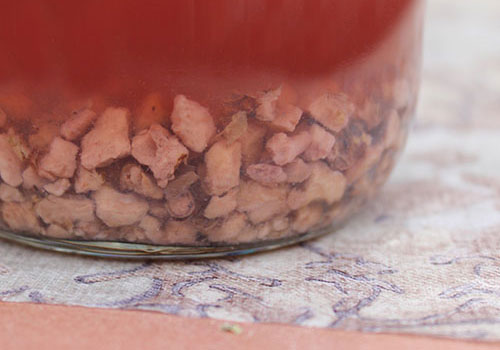
The Chinese herbs
and
Ayurvedic herbs are some of the most profound and potent forms of herbal medicine on the planet. Known as adaptogens or rasayana herbs, they are plants, and most often roots, that deeply support nerve, endocrine and organ functions.
The Chinese have developed a sophisticated system of herbalism, singling out a selected list of herbs, referred to as the "superior herbs" or "major tonic herbs." These herbs have been revered for thousands of years for their adaptogenic qualities that are believed to promote a healthy long life with prolonged use.
In addition, the Indian Vedic System of herbology has also classified specific rasayana herbs to be used for tonifying the organs, tissues and nervous system. Some of these Chinese and Ayurvedic herbs include:
schizandra
condenopsis
astragalus root
licorice
eucommia
asparagus root
rhodiola root
rehmannia root
fo-ti root
dong quai
mucuna
shatavari
ashwagandha
tulsi leaves
jujube dates
cistanche
5) Herbal Nervines
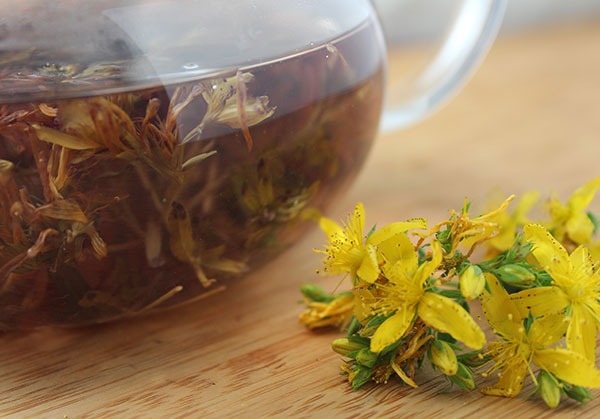
Herbal nervines are herbs that help to relax the body, pacify the thoughts and soothe the spirit. Their effects may range from mildly calming to strongly sedating. Some are used for muscle tension while others work directly with the central nervous system to lessen anxiety and alleviate depressive moods. Different from conventional sedatives and antidepressants that numb or deaden the nerves, herbal nervines work rather to tonify and nourish the nervous system and its functions.
Some nervines help to reawaken and reconnect the nerve channels, in-affect strengthening the central nervous system so it is more responsive to dealing with pain and stress-related tension. They can be used solely on their own for periods of time, but can also add balance when used in small amounts for herbal tea preparations.
passion flower
chamomile
St Johns wort
lemon balm
lavender
6) Herbal Flavor Enhancers
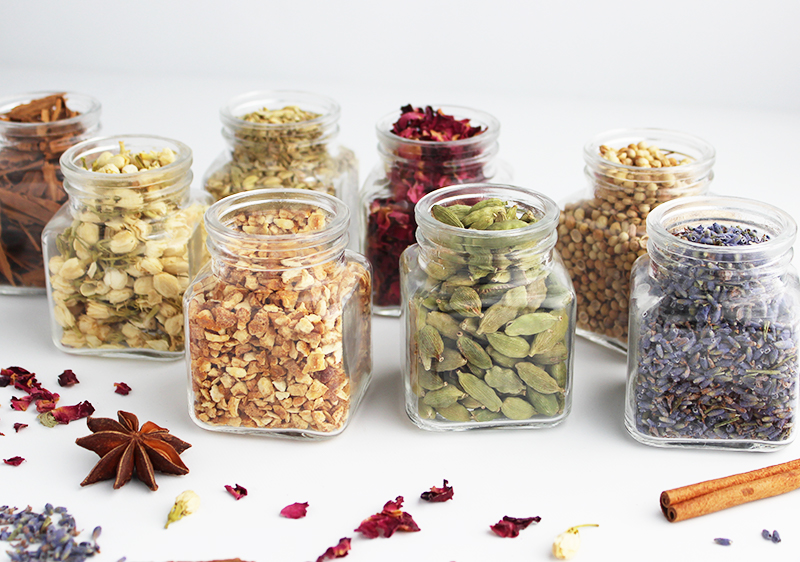
Herbal flavor enhancers are our list of favorite herbs, barks and flowers to utilize in many herbal tea recipes as well as desserts and beverages. These are aromatic substances with a high volatile oil content which produce an assortment of pleasant flavors and fragrances that help to uplift the mood and soothe one's spirit.
When blended into herbal tea formulations they can not only provide taste-enhancing qualities but also may help to deliver the medicinal properties of other herbs used.
Some of these herbal spices can additionally have either heating or cooling effects on the body, while others may have strong floral components. They are traditionally used in many commercial tea blends as they offer a delicious well rounded balance to more neutral tasting teas.
anise seed
cardamom
cinnamon
coriander
fennel seed
jasmine flowers
lemongrass
lemon peel
lavender
lemon verbena
nutmeg
orange Peel
peppermint
rose Petals
star anise
vanilla
Make an Herbal Pantry
If you are serious tea drinkers like we are, you might want to consider creating an herbal tea pantry by converting a closet or cupboard space. This will give you convenient access to all your supplies when you need them in a rush and makes it easier to utilize what you have when concocting combinations for specific health objectives.
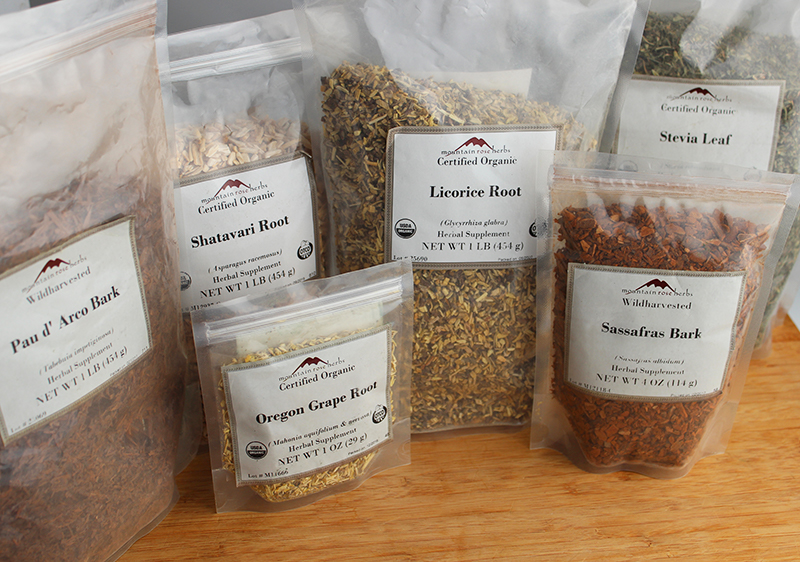 This website is an affiliate of Mountain Rose Herbs. However, opinions expressed here are completely our own.
This website is an affiliate of Mountain Rose Herbs. However, opinions expressed here are completely our own.Buying Quality Herbs in Bulk Quantities
It is important to buy top quality organic herbs whenever you can. The fresher and more vibrant they are, the more vitality they offer you when you consume them.
For those of you on a budget, purchasing your herbs in bulk quantities can help you to save money, so you can focus on getting the best possible available. Online company's like Mountain Rose Herbs (our personal favorite), Banyan Botanicals and Starwest Botanicals offer many selections by the pound.
Wild Harvesting or Growing Herbs
Some of the best herbs are the ones that are harvested fresh from your own garden or wild landscape. We are huge supporters of growing many of these common herbs as well as the more rare species. Strictly Medicinals is a great online company that offers many of the more rare seed and plant starts.
Some of the wild varieties, including nettle, gotu kola, red clover, oatstraw, ginkgo and horsetail, you can harvest for FREE depending on the time of year and the location that you live in.
How to Use Herbal Teas
Of course, a hot cup of herbal tea is quite satisfying all on its own.
We also use teas as the foundation for many drinks, beverages, desserts and soups. They can be used as a substitute for most any liquid ingredient when preparing recipes and are an excellent choice for smoothies, nut milks, raw soups and superfood shakes.
Visit our herbal tea recipes page for ideas on how to make your own blends or tea bags.
Precautions:
It is a good idea to seek the advice of your health care provider before adding in herbal teas to your daily dietary regimen. This is especially true if you have serious medical conditions or are taking prescription medications that may interact with some herbs.
Shop Related Products (About Affiliates & Amazon Associate Paid Links)
Affiliate Disclaimer: This section contains affiliate product links. If you make a purchase through our recommended links, we receive a small commission at no additional cost to you. Thanks for the support.
